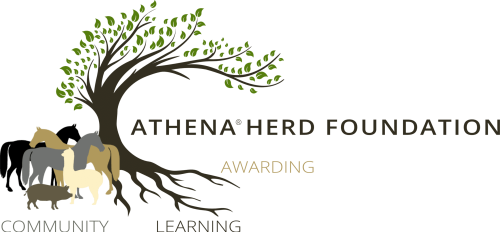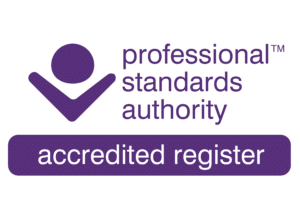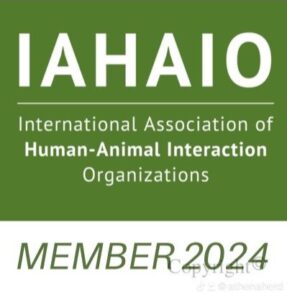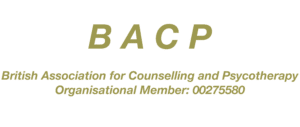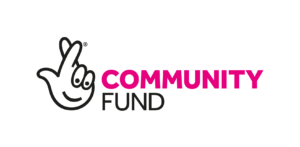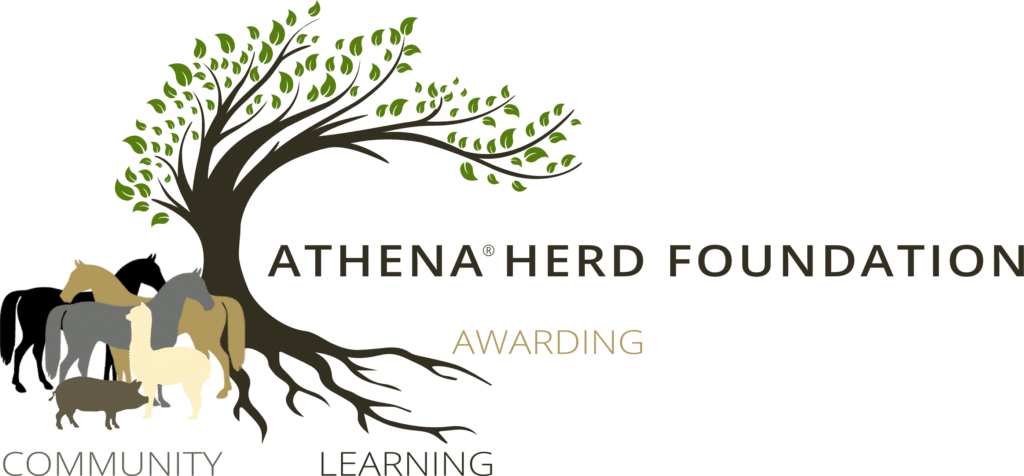
Certificate of Proficiency
The Register will consider applications for membership from practitioners who are in practice, but do not have equine related qualifications, or have qualifications that are not recognised by the register. In such cases applicants must successfully satisfy the conditions defined by this Certificate of Proficiency.
All applicants for the Certificate of Proficiency will be assessed on a case-by-case basis and either accepted or rejected. In the case of rejections applicants will be advised of the reasons for such decisions and provided with the opportunity to address and resubmit.
In these cases, to be awarded a Certificate of Proficiency, applicants will need to complete and submit the following:
- Copies of all professional qualifications supporting their application (non-Equine);
- Transcript and or detail of previous any (Equine Facilitated or Assisted) related learning;
- Three written Equine Facilitated Interaction case-studies* of approximately 1500 words (one client per case study), based on at least 3 or 4 sessions per case study;
- Video submission of at least one client session, including client briefing and debriefing.
- Two reference clients (who can be approached directly by the Register).
- One professional referee who has worked alongside you, or engaged (or witnessed) your work, who will commit in writing to the quality and effectiveness of your Equine Facilitated practice.
* all submitted case studies need to have been undertaken and completed within 9 months of the date of application.
Successful applicants granted a Certificate of Proficiency will still need to comply with the general commitments and conditions of registration.
Written Case-Study Outline
It is not required to provide a detailed outline of every element of every session, in preparing the case studies applicants should think about providing answers to the following questions:
- What did your client want help/support with? (it is appreciated that in some cases objectives are not always well defined for some client groups)
- If there was no specified objective, what did you do?
- On a session-by-session basis, what did you do to develop/support/help them with that objective?
- What did they learn in each session from the interaction and/or from your facilitation?
- What was the transferable nature of that learning? i.e. how did it tie into a real-life challenge or experience?
- What did you give them to think about/practice between sessions, and how did that work for them?
- Over the whole series of sessions for that client, what was there overall learning? What changed for them “in life” as a result of it? What specific skills did they take-away? (You can include “quotes” or “key words” from them if useful).
- What challenges did you encounter with the client and/or the process? How did you resolve those things?
- What did you learn “about yourself and/or your practice” from this case study?
